
Vol. 36 (October 2019)

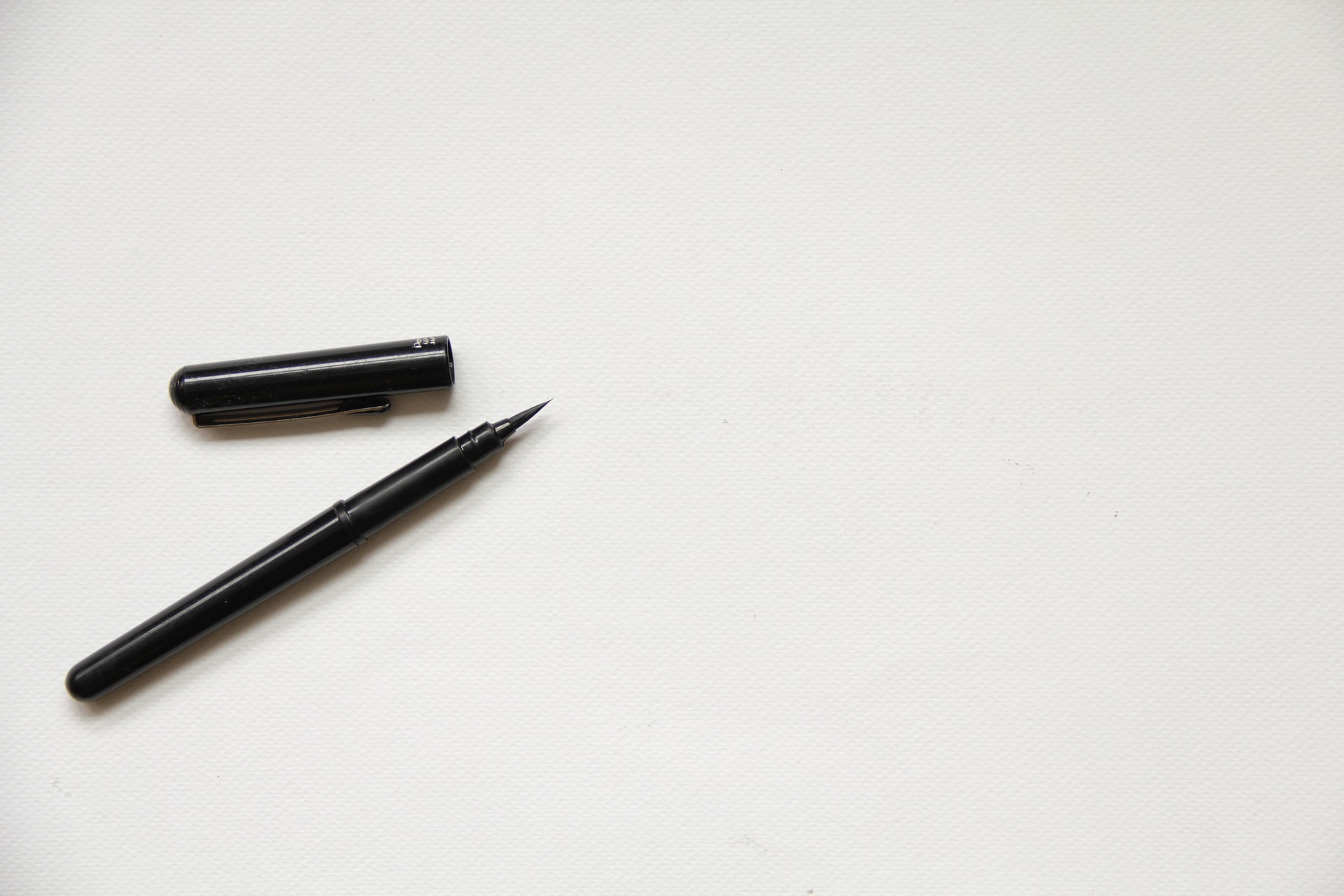
QUEBEC : 4th annual report of the Commission on end-of-life care
Oct. 2, 2019 – The Commission reports of a 32% increase in the number of euthanasia in Quebec from April 2018 to March 2019, 13 of which violated the safeguards of the law. Also, there was 31% more physicians who took part in an euthanasia procedure.
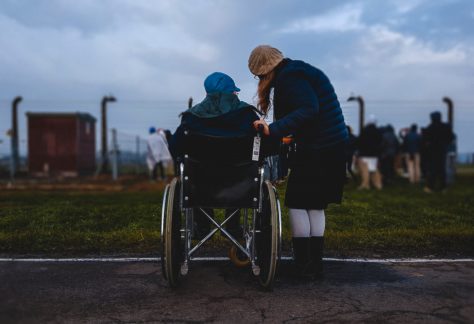
SWITZERLAND : Doctor sentenced for helping healthy woman to die
Oct. 18, 2019 – A court in Geneva has given a suspended sentence to the regional vice-president of EXIT, Pierre Beck, for helping an 86-year-old woman to die when she was not sick. The woman wanted to die along her sick husband.

QUEBEC : New Palliative care unit in Laval
Oct. 15, 2019 - A new palliative care unit at Hôpital de la Cité-de-la-Santé was inaugurated on October 10, following a long mobilization. The project aimed to respond to a growing demand for palliative care. (FRANÇAIS)
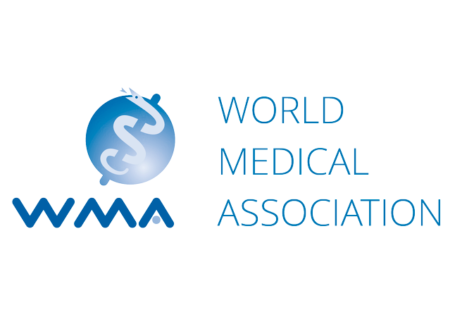
GEORGIA : The World Medical Association reaffirms its opposition to euthanasia and physician-assisted suicide
Oct. 26, 2019 – After an intensive process of consultation with physicians and non physicians around the world, the WMA at its annual Assembly in Tbilisi, Georgia, adopted a revised Declaration on Euthanasia and Physician-Assisted Suicide, precising some key terms, but keeping its historical opposition to euthanasia.
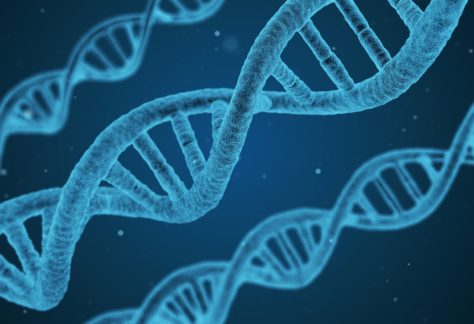
RUSSIA : Biologist preparing to edit the genetic code of human eggs
Oct. 27, 2019 – M. Denis Rebrikov’s goal is to eliminate a gene causing degrees of deafness. While he has consistently vowed to follow all the protocols required by the Russian government, many experts are unhappy with Rebrikov’s haste, which could potentially harm the human embryos.
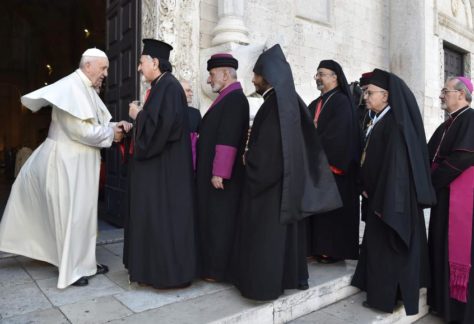
ROME : Abrahamic Religions sign joint declaration on euthanasia and physician-assisted suicide
Oct. 28, 2019 – Christian, Jewish and Muslim envoys signed Monday a joint document that denounced euthanasia and assisted suicide as “inherently” wrong acts that should be forbidden.

WHAT REALLY IS HUMAN DIGNITY?
By Maxime Huot Couture, Interim Director of LWD, Ph.D. candidate in political and ethical philosophy
It is always good to dig again into the notions that structure our society and our relationship with others. One of the most important notion in our ethical discourse today is human dignity. Despite that, it is easy to see that dignity can be taken in multiple senses which are sometimes contradictory.
We can distinguish two principal meanings that are attached to human dignity. First, dignity is referred to in an objective sense when we say that a person is dignified no matter what his or her physical or psychological condition is. This is what it is meant by “intrinsic dignity”. On the other hand, we speak of subjective dignity when we refer to the feeling that a person has of his or her dignity. This feeling then depends on the circumstances and on the actions and words of the others. Of course, even in the case of a sentiment of indignity, a person never loses his or her objective dignity: it is a universal principle that is independent from the context.
That said, what is dignity exactly and where does it come from? The Enlightenment philosopher Immanuel Kant has given a famous definition: A person is worthy because he or she exists as an end in itself, and not simply as a mean or a tool that could be used at will. Human dignity therefore implies reverence, respect and protection for each person, as a free being, endowed with a unique existence. This is recognized, for example, by the Universal Charter of Human Rights when it states that everyone has rights by sole reason of his or her humanity. Therefore, the expression “dying with dignity” is misleading, since it implies that a person may lose his or her dignity by illness or vulnerability.
Human dignity is based on the superior value of the human being, endowed with reason. We call conscience this specific human concern to do good freely. Although dignity is linked above all to the freedom due to human intelligence, being human also means having a will, feelings, a body. It is all of this at once (an individual is “indivisible”). Human dignity requires an integral vision of the person. Consequently, a person whose mental faculties are impaired also has human dignity, and so does a person with a physical disability. In the same way, a person who loses his memory remains dignified, since it still exists as a human being, with a body, a personality and a history of his own which always remains. To put an end to the days of someone under the pretext of “respecting his or her will” is therefore a mistake and an attack on dignity: one cannot go against the dignity of the body to honor the dignity of the will. There is something contradictory about this that endangers the integral and civilized vision of dignity.

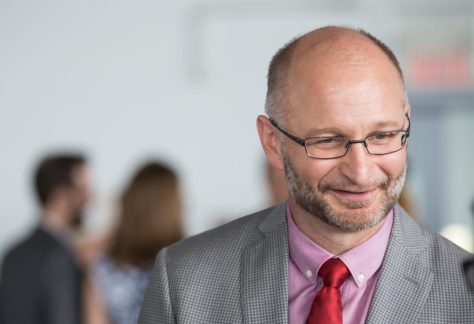
Our letter to David Lametti: Appeal
We sent a letter to Hon. David Lametti, federal Minister of Justice, along with Quebec Minister of Justice Sonia Lebel, to ask for an appeal of the Superior Court decision in the Truchon-Gladu case. (FRENCH)
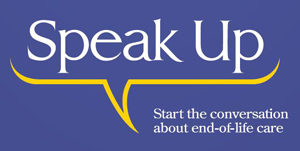
Advance Care Planning Workshop is online
Our advance care planning workshop, given on October 17th, was edited for individual watching and is now online. Forty minutes to learn all about medical practices, ethical decisions and protection mandate at the end of life.
NOV
2019
